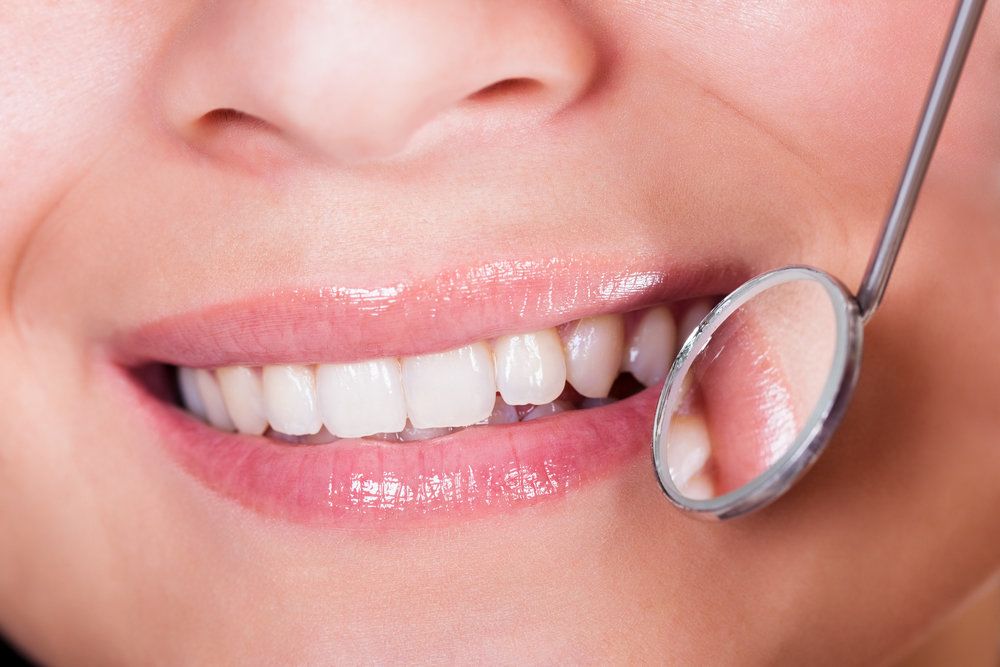“Awesome Smile!” Dental Care for Teens
by drrapisarda
Many essential habits for adulthood are formed during the teenage years, and that includes dental habits. If you have a teenager, then you know very well how difficult it can be to motivate your child to care about oral hygiene, even if he or she cares a lot about his or her appearance. But if you want your teenager to avoid extensive and costly restorative dentistry treatments down the road, it is important that he or she develop a healthy relationship with a dentist right now. This includes visiting the dentist at least twice a year for professional cleanings and thorough oral exams as recommended by the American Dental Association.
At the dental practice of Dr. Robert Rapisarda, we offer a comprehensive range of cosmetic, restorative, and general dentistry treatments for patients of all needs, including teenagers. We are pleased to cater to the special needs of your teenaged child by offering dental care for teens at our Barre, MA practice. By entrusting your child’s oral health to our care now, you are taking a proactive step toward ensuring that they will have healthy teeth and gums for a lifetime. He or she may not appreciate that now, but the day will come when you see the lessons you impart now passed on to your grandchildren, and you will know that you did precisely the right thing.
We can’t promise that we’ll make dentistry cool, but we can promise that we’ll provide your teenager with the best possible dental care – and that’s something that he or she will smile about. We urge you and your child to visit our practice at your earliest convenience and find out more about how we can serve your teenager’s special needs.
Popular Dental Treatments for Teens
We offer numerous treatments that are appropriate for patients of all ages, including dental crowns, tooth-colored fillings, and state-of-the-art diagnostics. However, there are certain treatments that are available at our practice that are particularly popular among teens. These include:
- Invisalign®: The revolutionary Invisalign® system uses a series of clear, custom-crafted aligners to gradually guide the teeth into their proper positions in the mouth, providing a comfortable and cosmetically appealing alternative to cumbersome, conspicuous metal braces. Best of all, the aligners can be removed for eating, brushing, and flossing.
- Cavity treatment: We can treat cavities before they have a chance to spread and threaten the tooth. Thanks to our tooth-colored fillings, we can restore the tooth without compromising its appearance.
- Athletic mouthguards: If your child is participating in football, basketball, or another team sport, we can provide him or her with a custom mouthguard that will protect his or her teeth and gums from damage in the event of trauma to the mouth.
- Periodontal care: Regular periodontal treatments will help to guard your teenager’s mouth against gum disease, the most common disease among American adults.
Learn More about Dental Care for Teens
To learn more about our exemplary dental care for teens, please contact our dental practice today.
“Awesome Smile!” Dental Care for Teens Read More »






